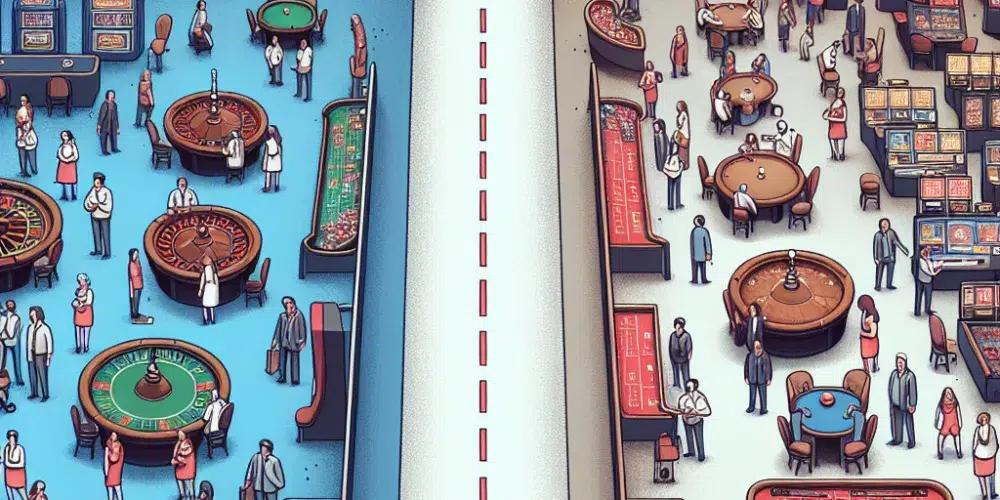In a bold move that is expected to send ripples across the global casino industry, Macau, often dubbed the ‘Las Vegas of Asia,’ is poised to roll out a series of stringent gaming regulations. The administrative region, which has historically depended heavily on its bustling casino sector, announced the regulatory changes late last week, positioning itself for what could be a transformative adjustment phase.
The new set of regulations is designed to significantly tighten controls over the operations of casinos, aiming to curb illegal activities and enhance responsible gaming practices. Among the noteworthy changes are the introduction of government-appointed delegates to oversee casino operations directly and stricter criteria for the licensing of casino operators and staff. This development is expected to redefine the contours of the gambling landscape in Macau, which has long been a magnet for high rollers and casual gamblers alike from across the globe.
The government’s decision comes in the wake of concerns over money laundering and financial irregularities reported within some casinos. The Macau government believes that increased regulation will not only aid in combating illegal activities but also promote a healthy and sustainable gaming environment that can contribute positively to the region’s economy in the long run.
A key change in the policy includes the decrease in the duration of casino licenses from a maximum of 20 years, previously enjoyed by operators, to just 10 years, potentially increasing competition and ensuring more frequent reassessment of compliance standards. This significant reduction in license duration, coupled with enhanced scrutiny, underscores a clear intent by the authorities to maintain a tighter leash on the sector.
Moreover, the new regulations propose a cap on the number of gaming tables and electronic machines that any single casino can house. This move to limit gaming devices is intended to prevent the unchecked expansion of gambling venues and encourage operators to focus more on quality service and less on quantitative expansion.
Industry experts predict that these changes will initially challenge the existing casinos, requiring them to adapt swiftly to comply with the stricter norms. Some analysts are forecasting a possible short-term dip in economic contributions from the sector to Macau’s economy. However, there’s an optimism that a cleaner, more regulated, and thus more reputable casino industry could attract a new demographic of visitors, potentially increasing the longer-term profitability and sustainability of the industry.
Reactions from various stakeholders have been mixed. While some commend the Macau government for taking decisive steps towards accountability and transparency, others worry about the impact of these regulations on the economic vitality of the region, which is still recovering from the downturn effects of the COVID-19 pandemic.
Global investors and gaming corporations with stakes in Macau are closely monitoring these developments, as the new regulations could influence investment decisions and corporate strategies. The ripple effects of these changes are also anticipated to reach other regions where gambling is a significant industry, such as Las Vegas and Singapore, prompting them to reevaluate their operational and regulatory strategies.
As the implementation date of these new regulations approaches, all eyes will be on Macau to gauge the impact of these changes and the lessons it could offer to the world about regulating an industry as dynamic and significant as gambling. This regulatory overhaul marks a crucial turning point for Macau and sets a precedent for how other global gaming hubs might navigate the complexities of economic dependency on gambling revenues versus the imperative of regulatory control.

David Garato is a luminary in gaming journalism, renowned for peeling back the curtain on the gaming world with his witty and insightful commentary. A decade into weaving stories from the pixelated edges of indie games to the expansive universes of AAA titles, David’s work is a thrilling blend of analysis and adventure. When not writing, he’s live-streaming, sharing his gaming exploits with an engaged and growing audience. David doesn’t just write about games; he lives them, making him a trusted guide in the gaming community.


